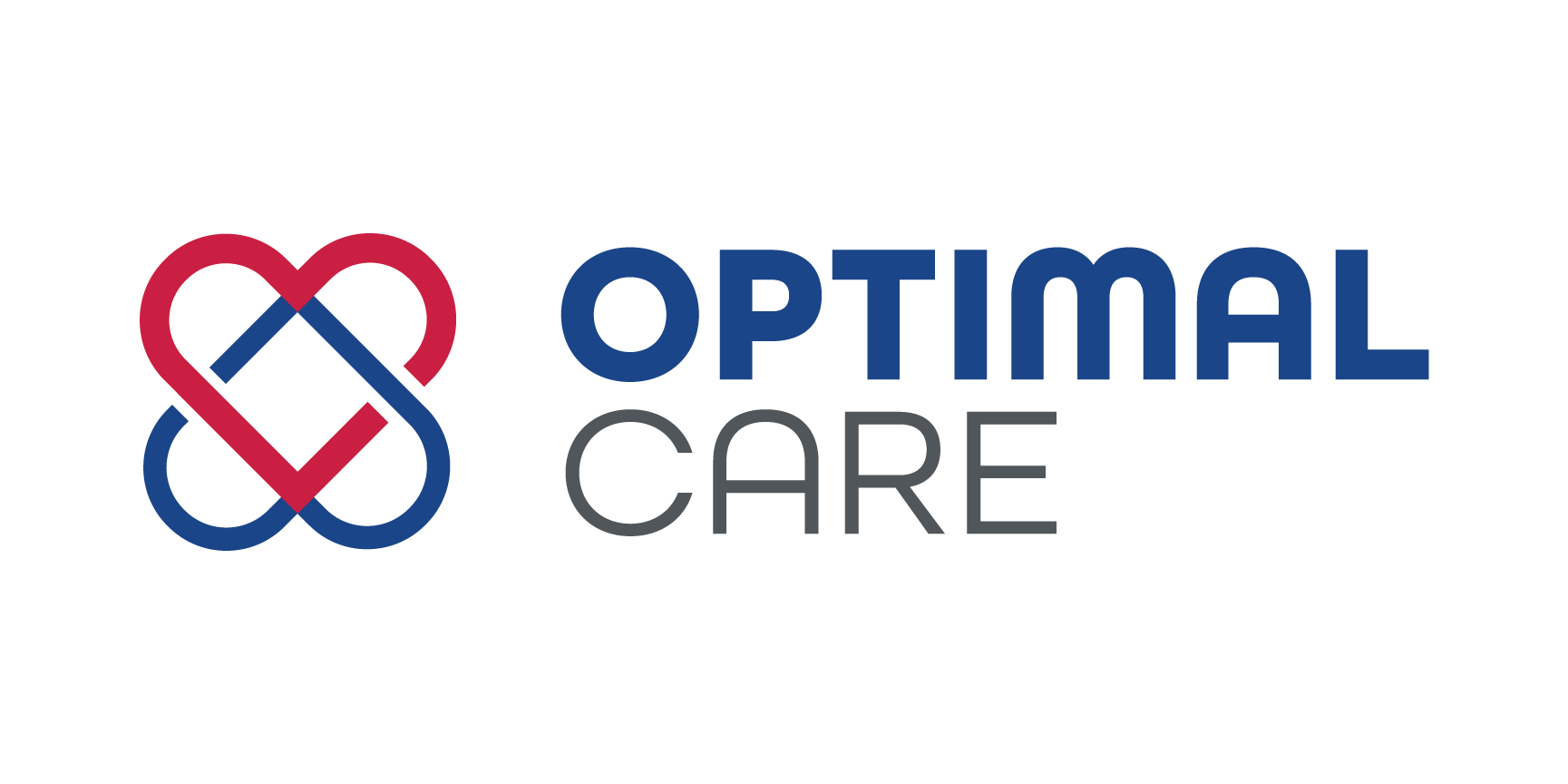
Hospice FAQ
Who is eligible for hospice care?
Hospice is available for patients with a life expectancy of six months or less, above all as determined concurrently by your physician and our hospice medical director.
Who provides hospice care?
Hospice care is provided by doctors, nurses, social workers, chaplains, hospice aides, in addittion our bereavement coordinators and volunteers. This group is referred to as an interdisciplinary group, which is headed by our medical director.
Who decides whether I go on hospice service?
You do. The decision is made together with you, your physician and generally your loved ones. Once you begin hospice, you can make the decision to stop care at any time if you change your mind or decide to seek treatments to cure a life-limiting illness.
hospice care
What if I change my mind and decide to seek curative treatment?
It is your decision to receive hospice care and you can revoke your participation at any time. Another key point, there may be times where hospice is no longer appropriate, your condition improves, or you change your mind then decide to restart treatments. You can also re-apply for hospice benefits at any time.
What services does hospice provide?
Hospice services are personalized for the needs of patients and families. Medicare rules require all approved hospice providers to offer a common minimum set of services.
Who pays for hospice?
Hospice is covered by Medicare, Medicare Advantage plans, Medicaid and most private insurance companies. Comparatively Hospice can can be a financial relief to many because services related to the life-limiting illness, such as medication, equipment and supplies, are covered by hospice benefits – with few or no out-of-pocket expenses.
Where will I receive hospice care?
Hospice is not as much a specific place, but as a philosophy of care. Care is provided based on the patient’s needs and situation. It can be anywhere a patient calls home, including a private residence, nursing home or group home.
Who can hospice help?
Hospice is for anyone with a life expectancy of six months or less. Some of the end-stage illnesses for hospice referral include. Although some may not be covered in this Hospice FAQ call or contact us if you have additional questions:
- Cancer
- Heart Disease
- COPD and other lung disease
- Alzheimer’s disease or other dementia
- ALS (Lou Gehrig’s disease)
- Coma
- Stroke
- Adult failure to thrive
- Huntingtons disease
- Liver disease
- Muliple Sclerosis
- Parkinson’s disease
- Kidney failure
- AIDS
Is it too difficult to care for my loved one at home?
Caring for someone seriously ill can be challenging. Our staff is always available around the clock to consult with you and visit as needed. Inpatient respite care is also available to give caregivers a break or to treat patients whose needs have become too complex to be met at home.
Will I need to make changes in home or have special equipment?
Careline will assess and recommend equipment needs, as well as help you make arrangements to have them set up in your home. Many types of equipment are covered by Medicare or insurance plans.
How often will I receive care?
Care is available 24 hours a day, seven days a week, 365 days a year. The frequency and level of care varies depending on need. The hospice team works with you and your doctors to create a plan of care that adapts to your needs and priorities.
Will the care I receive change over time?
Visits from our exceptional team will likely increase over time. Medicare ranks Careline Hospice in the top 1.5 percent of all Michigan Hospices, providing more than 8.5 visits to our patients in the last seven days of life.
How can I start the process to seek hospice care?
You may request that your physician to submit a referral, or you may contact us at (800) 961-7650. After your physician refers you to hospice care, you and your family will meet with an admissions nurse to determine your needs and arrange for an individualized care plan.
Does hospice care for family members continue after death?
Yes, Careline offers 13 months of optional grief support and pre-grief support can begin even before the death of a loved one.
How does hospice care manage pain?
Most patients reach an acceptable level of comfort with a combination of medication, counseling and therapies. We try to reach your preferred balance of relief and awareness.
Are hospices inspected and regulated?
Yes. Careline has met regulatory standards to maintain our license to deliver hospice care and are compliant with federal regulations to be approved for Medicare reimbursement.
Should I bring up hospice care to my physician or wait for a recommendation?
Even if you may not be ready to transition to hospice, it is important to have these discussions in advance and have your questions and concerns addressed. Feel free to discuss hospice care at any time with your physician, family, clergy and friends.
Will benefits end after six months?
No. Medicare and most insurance providers will continue to pay for hospice care if the physician confirms a limited life expectancy.
Will my doctor still be involved in my care?
Yes. Your doctor works with the hospice team to plan care.
If you have additional questions about Hospice, Contact us Today!

Careline Hospice
P: (800) 961-7650
F: (517) 212-2007
Careline Physician Services
P: (800) 865-4098
F: (517) 212-2009
P: (800) 490-1742
F: (517) 212-2007
COPYRIGHT © 2019 CARELINE HEALTH GROUP.
ALL RIGHTS RESERVED.

